
In 1859, an argument about the future of slavery led to a deadly duel near Lake Merced, south of San Francisco. The rivals, David Broderick and David Terry, were two prominent politicians who at one time had been friends.
Broderick, a U.S. senator, was a leader of the “Free Soil” wing of the Democratic Party, which opposed the expansion of slavery. As a legislator, he had blocked laws introduced to ban black people from the state. He had fought unsuccessfully against the California Fugitive Slave Act, which allowed whites who had brought slaves into California before statehood to hold them in bondage. Terry, a California Supreme Court Chief justice, had lobbied for California to enter the Union as a slave state, and was a member of the dominant pro-slavery “Chiv” wing of the Democratic Party. While he served as a justice, the state Supreme Court ordered fugitive slave Archy Lee returned to his enslaver. When Terry lost his reelection bid because of his pro-slavery views, he blamed Broderick. The two men exchanged insults and Terry challenged Broderick to a duel. On the morning of Sept.13, surrounded by 80 on-lookers and the press, the two men faced off. Broderick won the coin toss for position, but Terry got to choose the guns and selected his own Belgian .58-caliber pistols. Unfamiliar with this weapon, Broderick misfired, and his round lodged in the ground. Moments later, Terry fired, shooting Broderick in the chest. Broderick died three days later. His funeral drew thousands of people and was the largest-ever held in San Francisco at that time. Broderick was hailed as an anti-slavery martyr. Terry left California to fight for the Confederacy. The city of San Francisco erected a monument as a tribute to Broderick in Laurel Hill Cemetery, and named a street in his honor.
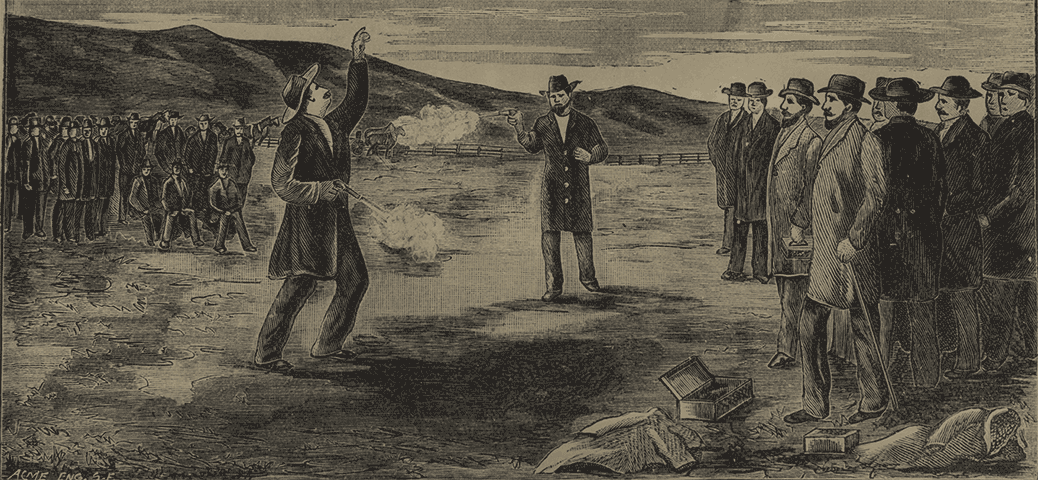
Photo: Rendition of Broderick-Terry Duel
Credit: Courtesy, History San José
They killed me because I was opposed to a corrupt administration and the extension of slavery.
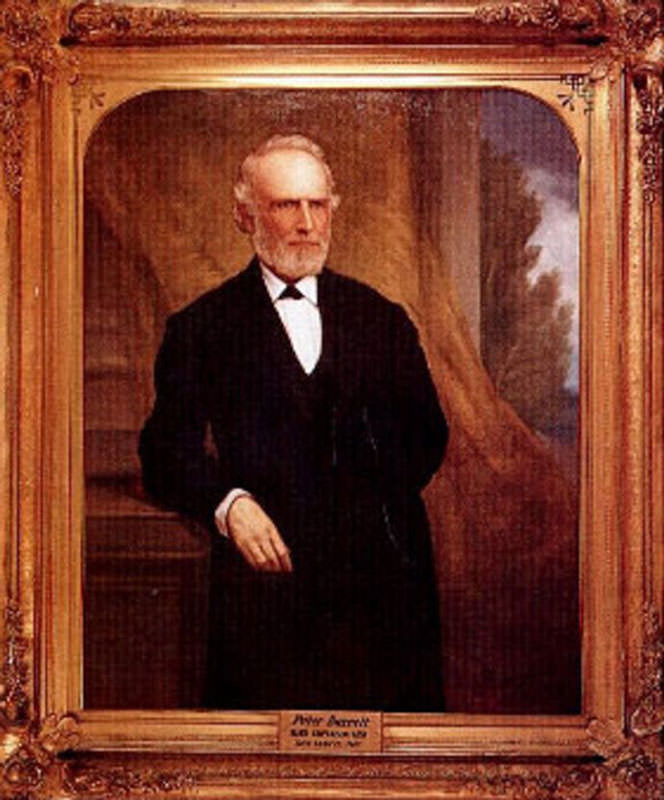
The first elected governor of California, Peter Hardeman Burnett, advocated for the genocide of Native people and tried to ban blacks from the state.
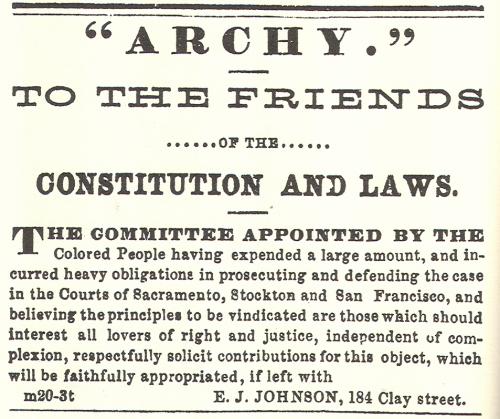
In one of the most celebrated fugitive slave cases in California, Archy Lee, a young black man who had been brought to the state from Mississippi, escaped and waged a successful legal battle for his freedom that went all the way to the federal courts.
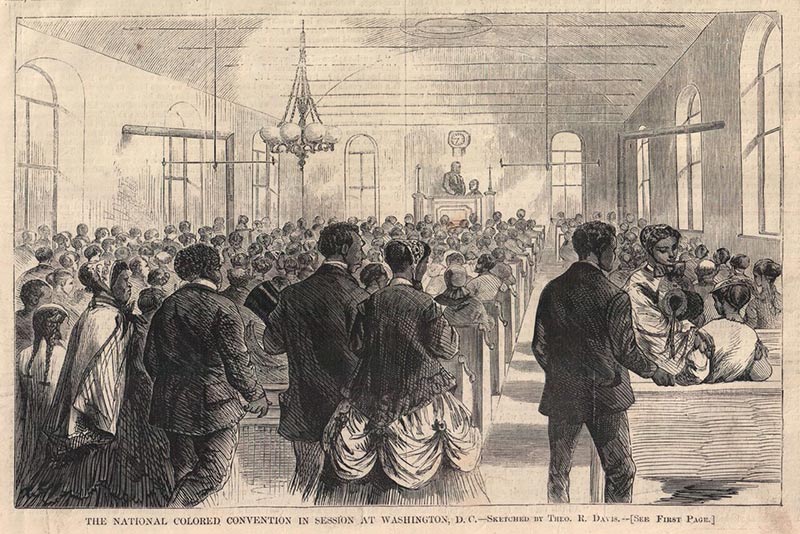
The Colored Conventions were a monumental organizing effort by black people across the country to fight for full citizenship rights. The conventions laid a foundation that the civil rights movement would build on.
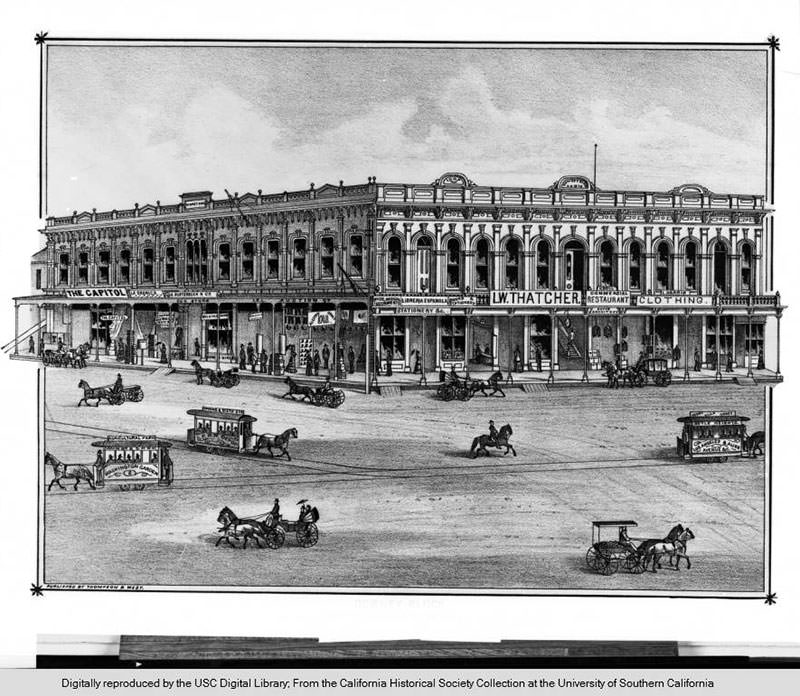
Today it’s the site of a federal courthouse in Los Angeles. But in the mid-19th century, a stretch of Main Street in downtown Los Angeles was a flourishing slave market.
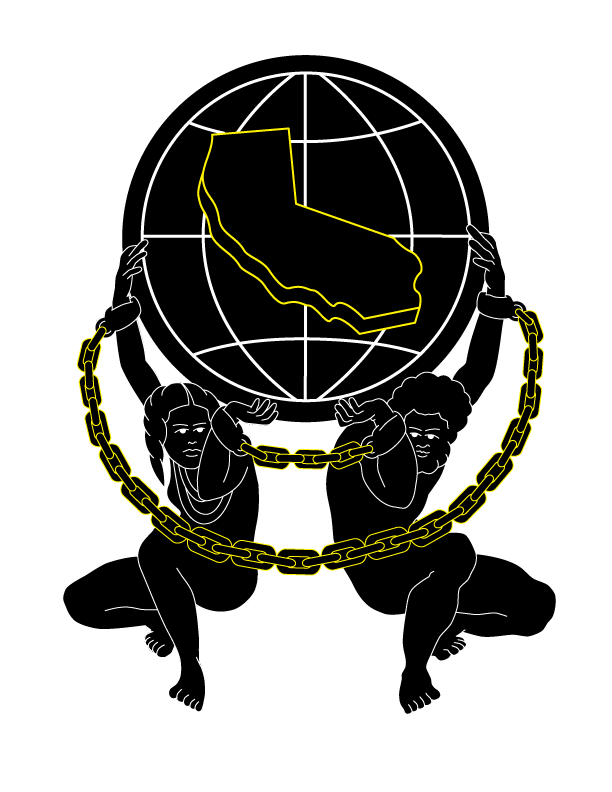
The mission of Gold Chains is to uncover the hidden history of slavery in California by lifting up the voices of courageous African American and Native American individuals who challenged their brutal treatment and demanded their civil rights, inspiring us with their ingenuity, resilience, and tenacity. We aim to expose the role of the courts, laws, and the tacit acceptance of white supremacy in sanctioning race-based violence and discrimination that continues into the present day. Through an unflinching examination of our collective past, we invite California to become truly aware and authentically enlightened.